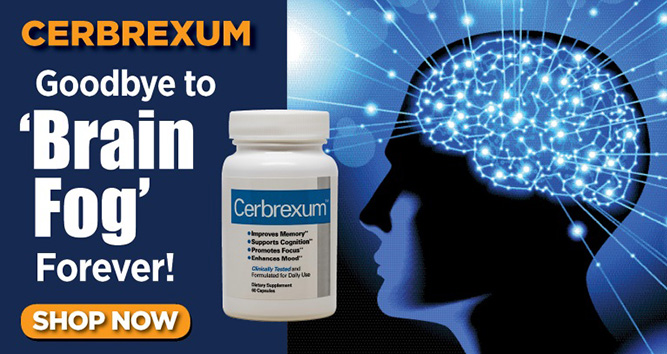[Printable Version of This Page]
Today I Got Up Because…
![[Image 1]](/rhp/images/library/225/wakeup.webp)
You’re reading this. You’re awake. And this morning you could
have said, “I got up because….
· The alarm clock woke me
· I was through sleeping anyway
· It’s what I do that time of day
· I have to work, run errands, finish that task
· I had to go to the bathroom
· Any day could be like Christmas, I want to see what’s out there
· I’m looking forward to X”
Complete “today I got up because…” any way you like. But look at that last choice.
It’s about purpose.
You may think of purpose as a grand idea—the whole meaning of life, for instance.
This is not about that. Because when it comes down to your health, it is “purpose” on a smaller-scale, in a more personal sense that matters. This everyday purpose is simply your reason to get up gladly and get through a day with satisfaction.
A study of more than 9,000 people aged 65 or older that was published in Lancet a few years ago proved that point well. The researchers discovered that a sense of purpose and meaningfulness in life were two of the critical elements to a sense of wellbeing. In turn, people with a strong sense of wellbeing were likely to live longer.
Now, what about you? You’ve probably enjoyed a sense of purpose many times throughout your life. A high school student studies to get into a good college. That’s purpose. Young parents have purpose in spades when they are raising and guiding children.
But feeling your sense of purpose can be more elusive when you’re between goals. The infamous “empty-nest syndrome” isn’t just about missing the children’s company; it’s also about losing a life focus that drives every day and makes it feel meaningful.
At those other stages of life—when your work years are over or the job has begun to feel routine, or when the children are gone, or you’ve accomplished the big goal you worked for—that’s when thinking about small-scale purpose is good for your mental health and your longevity.
I’ve seen it happen. After numerous major heart attacks and constant severe angina, my father was unquestionably handicapped. He could no longer work or pursue the active hobbies and sports he’d loved earlier in life. Yet he remained one of the most grateful and contented people I’ve ever known. For him, purpose became the vegetable garden and his goal to feed impeccable fresh vegetables to all his family and half the county. He sometimes had to go out to the garden, sit on a bucket, work for 10 minutes, and come back inside to recover several times a day to do that. But he continued. He not only lived happily, but he also lived 20 years longer than his cardiologist ever expected.
So, if you’re not studying for anything at the moment, trying for career advancement, or focused on some other big goal, think about it. What’s your daily purpose? Find one. It could be as simple as making two people smile every day or as ambitious as saving the planet.
In the Lancet study mentioned earlier, which followed those 9,000 people for 8 ½ years, only 9% of the most purposeful people had died by the end of the study. Among those with the lowest sense of wellbeing and purpose, 29% died.
Having a purpose sounds noble, but figuring out what yours is might be the best selfishly practical and wholesome thing you could do for yourself today.


![[Guarantee]](https://scripts.renownhealthproducts.com/rhp/images/money-back-guarantee.webp)
![[Renown Health Products: Proudly Providing Superior Grade Supplements Since 2002]](https://scripts.renownhealthproducts.com/rhp/images/rhpmain/design2/seal-285-240.webp)




